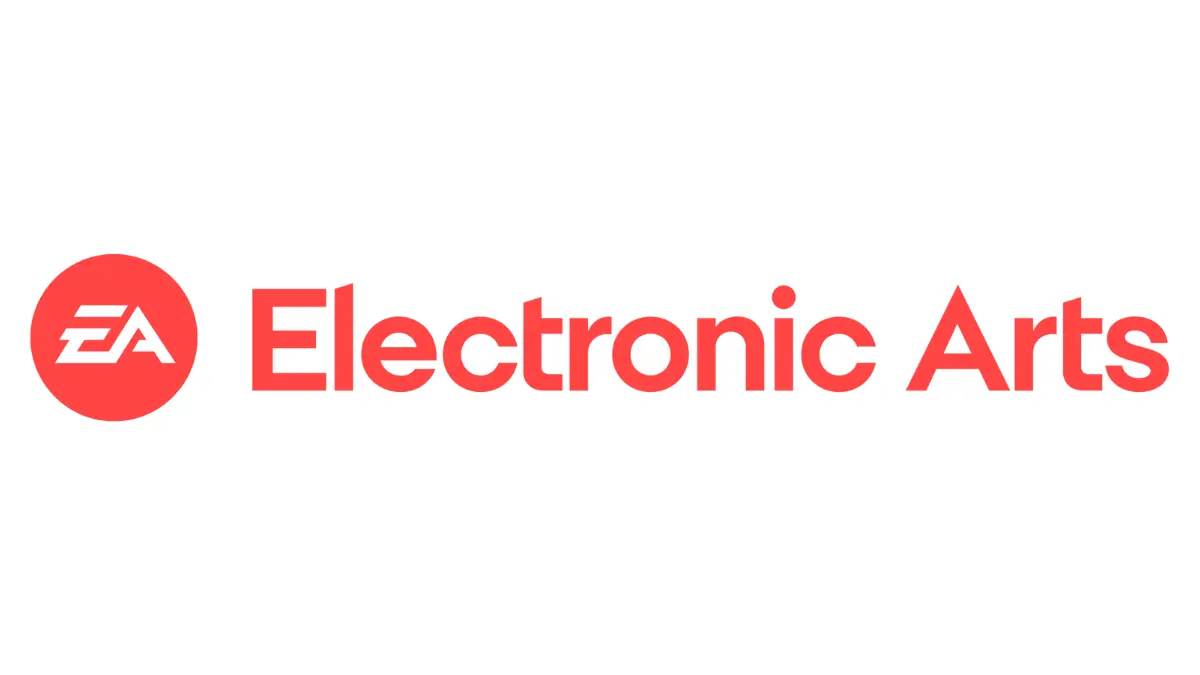Electronic Arts is going private in a massive $55bn deal that will saddle the gaming giant with $20bn in new debt. The Wall Street Journal broke the news of the leveraged buyout that values each EA share at around $210.
The deal structure means EA itself will carry the debt burden after the acquisition closes. Annual interest payments alone could hit $1bn to $1.5bn. That’s money that won’t go toward making new games or keeping developers employed.
A leveraged buyout means buyers use the target company as collateral for loans. The acquired company then pays off those loans. It’s like buying a house with a mortgage, except the house has to pay its own mortgage while you live in it rent-free.
For EA shareholders, this is great news. They’re getting a 20%–25% premium over the stock’s pre-announcement price. Everyone who owns shares gets to cash out with a nice profit.
For everyone else at EA, the outlook is less rosy. Bloomberg reporter Jason Schreier warns the debt load could trigger mass layoffs and studio restructuring. When companies need to service massive debt, cutting staff is often the first move.
The pressure to generate cash could also mean more aggressive monetization in EA’s games. The company already makes 70% of its revenue from live services like FIFA Ultimate Team and Apex Legends battle passes. That percentage will likely grow as EA squeezes harder for every dollar.
New game development could take a hit too. Risky or experimental projects rarely survive when accountants need predictable returns. Studios like BioWare working on the next Mass Effect or DICE developing new Battlefield games might face tighter budgets and shorter leashes.
Major banks including JPMorgan are reportedly arranging the debt financing. The deal still needs regulatory approval from authorities in the US and Europe. If foreign sovereign wealth funds are involved, US national security reviews could also come into play.

